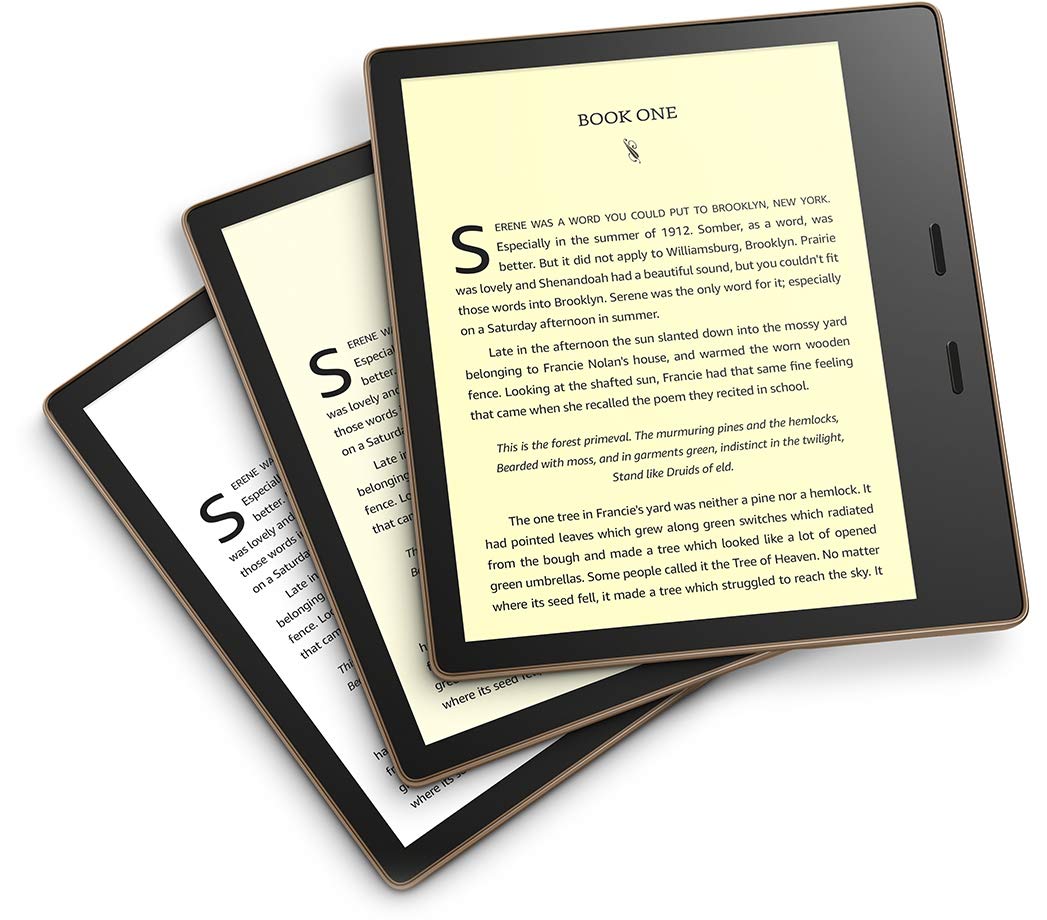Amidst growing environmental concerns, sustainability has become a vital aspect of every industry, including publishing. eBooks have emerged as a green alternative to traditional paper books, contributing significantly to sustainable reading habits. This shift towards digital reading helps reduce waste and save resources, providing a more eco-friendly way to consume literature. This article explores the various ways in which eBooks are promoting sustainability, the benefits they offer, and how their increasing popularity is paving the way for a more conscientious approach to reading.
Reducing Paper Usage and Saving Trees
Mitigating Environmental Impact
The production of paper books requires large quantities of wood, water, and energy, contributing to deforestation and carbon emissions. eBooks eliminate the need for paper, conserving trees and reducing the publishing industry’s carbon footprint. E-readers can hold thousands of eBooks, meaning that a single device can save an immense number of trees over its lifetime, significantly mitigating the environmental impact of readers’ literary pursuits.
Efficient Distribution and Minimal Waste
Distribution of traditional books entails a complex, resource-intensive supply chain, including printing, transporting, and storing physical copies. Unsold books often end up pulped, creating additional waste. In contrast, eBooks require no physical materials for duplication or distribution, cutting down on the waste and emissions associated with logistics. The efficiency of digital distribution means that eBooks get to consumers quickly, without the material costs or waste of overproduction.

Conserving Energy and Reducing Emissions
Lower Energy Consumption in Manufacturing and Delivery
The manufacturing process for print books is energy-intensive, involving printing presses, binding, and production lines. Shipping these books across the world adds to the carbon emissions footprint. eBooks, once created, can be distributed virtually without incurring the energy costs of physical manufacturing and transportation, leading to a substantial reduction in the overall energy consumption and emissions associated with reading materials.
Longevity of e-Reading Devices
Although the production of e-readers has an environmental impact, manufacturers design these devices to last many years, enabling them to replace hundreds, if not thousands, of physical books over their lifespan. The longevity of e-readers means that the environmental cost of their production gets offset over time by the reduction in consuming paper books, resulting in a net positive effect on sustainability.

Encouraging Reuse and Material Lifespan
Extended Access and Sharing
eBooks allow for a different model of ownership and sharing. Unlike physical books, which can wear out or get damaged, eBooks maintain their quality indefinitely and users can back them up and restore them. This durability allows users to lend or resell eBooks easily with appropriate digital rights, ensuring that each copy achieves its maximum consumption potential without any physical degradation, leading to a longer material lifespan.
Updateable Content and Reduced Obsolescence
Publishers can update digital content without reprinting, allowing for corrections or new editions to be released without rendering previous copies obsolete. This dynamic nature of eBooks supports a model of continual use rather than replacement, reducing the production of new materials and extending the useful life of the content.

Promoting Accessibility and Inclusivity
Global Reach and Availability
eBooks make reading more accessible, reaching a broader audience, including remote or underserved regions. This global reach promotes inclusivity and ensures readers worldwide can enjoy the same content with minimal environmental impact. Users can download eBooks anywhere with internet access, democratizing literature and educational material availability without needing to transport physical books to different locations.
Enabling Diverse Reading Solutions
eBooks also promote sustainability through their adaptability to various reading technologies and platforms. They can be read on dedicated e-readers, tablets, smartphones, and computers, offering flexible solutions that cater to differing user needs and circumstances. This adaptability reduces the need for multiple devices or printed materials, further contributing to a sustainable model of reading.

Fostering a Shift in Consumer Habits
Moving Toward Less Material Consumption
The surge in eBook popularity influences consumers to reconsider their need for physical goods. As readers become accustomed to digital libraries, the desire for physical books may lessen, leading to less material consumption overall. This shift in habit can have a profound effect on resource use and waste management, as eBooks provide the same literary fulfillment without the physical footprint. Mindful consumption, spurred by the convenience and efficiency of digital media, underscores a larger societal move towards sustainable living.
Impact of Digital Reading on Publishing
Publishers are adapting to the rising demand for eBooks by altering their production strategies, focusing on digital-first releases, and streamlining their physical inventory. This transition not only lowers storage and distribution costs but also minimizes excess production and unsold stock. By responding to consumer preferences with more sustainable publishing models, the industry can reduce its environmental impact. The increasing presence of eBooks also encourages competition and innovation among publishers, stimulating the market towards more eco-friendly practices.

Enhancing Education and Sustainability
Reducing Barriers to Educational Resources
eBooks have the potential to revolutionize education by providing affordable and accessible learning materials. The scalable nature of digital distribution allows textbooks and resources to reach a wider student audience at reduced costs, contributing to more sustainable education systems. eBooks reduce the financial and environmental burden of printed materials, conserve resources, and ensure educational opportunities are available regardless of geography or economic status.
eBooks and the Future of Sustainable Learning
As digital platforms and technologies continue to evolve, eBooks stand at the forefront of sustainable learning and reading. Interactive and multimedia-rich eBooks offer engaging learning experiences, catering to different learning styles and needs without the necessity for physical materials. This integration of technology in learning not only enhances educational outcomes but also aligns with sustainable development goals. The future of reading and education is set to be increasingly intertwined with digital solutions, paving the way for environmentally responsible and inclusive practices worldwide.
In summary, eBooks offer a sustainable alternative to traditional publishing, significantly reducing the environmental impact of reading. By conserving trees, cutting down on waste, and reducing energy consumption and emissions, digital books align with eco-friendly practices. Moreover, the reuse potential and extended lifespan of digital content enhance sustainability. The accessibility and inclusivity provided by eBooks promote sustainable reading habits. These habits benefit the environment and improve global access to information. As digital reading technologies improve, their availability increases. The contribution of eBooks to sustainability is likely to grow. This marks a shift towards a more conscientious approach to reading and learning.



